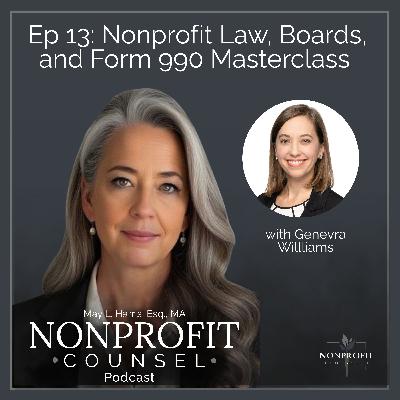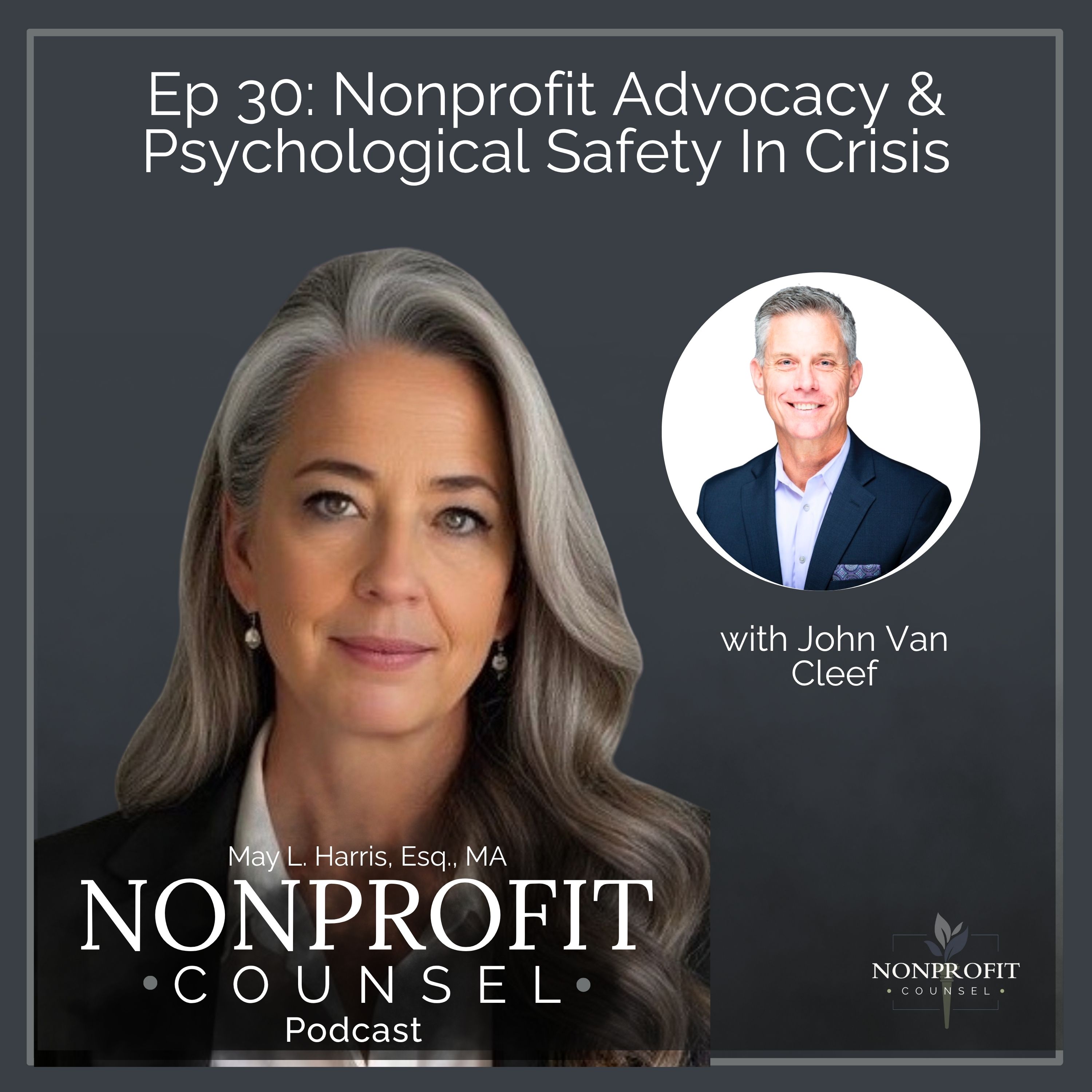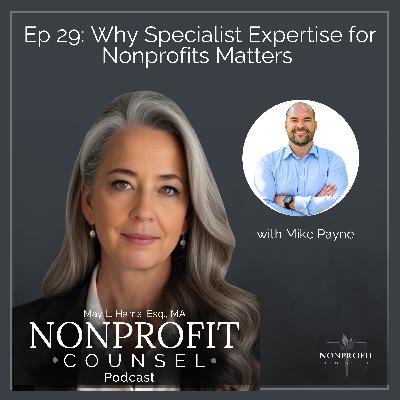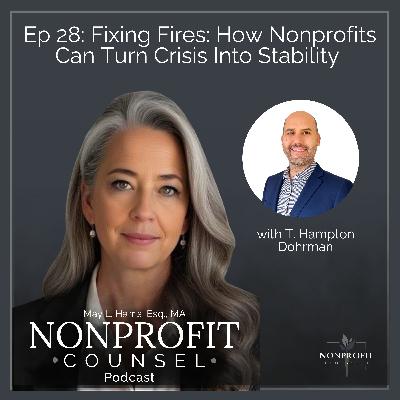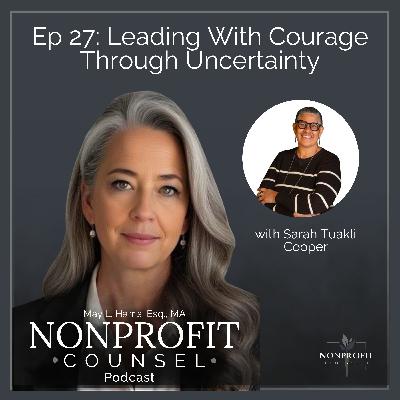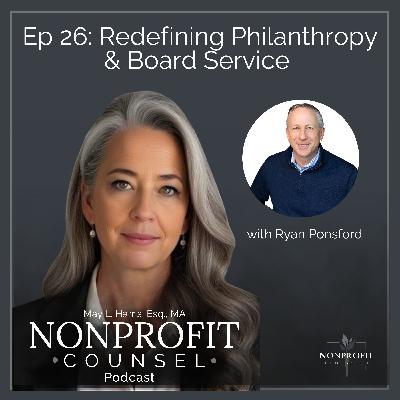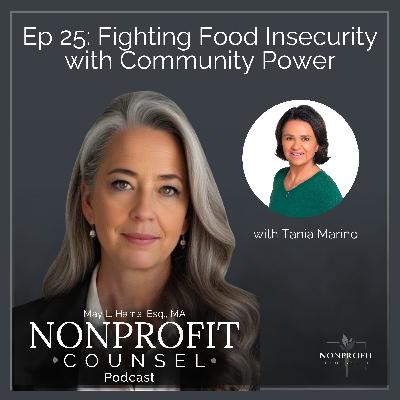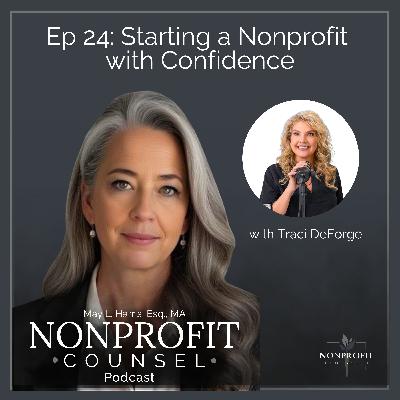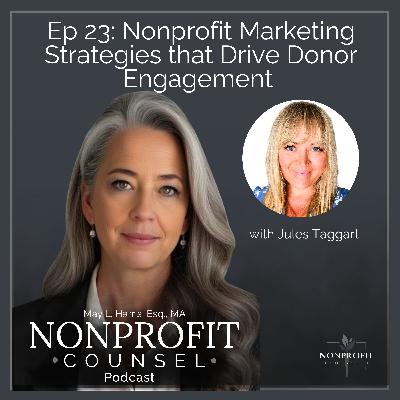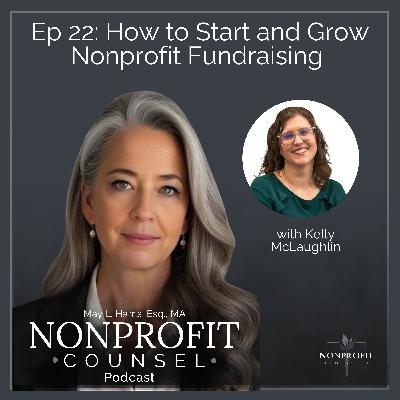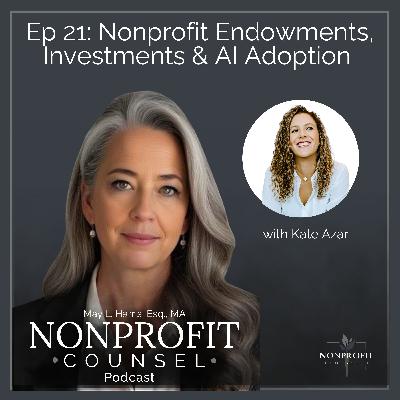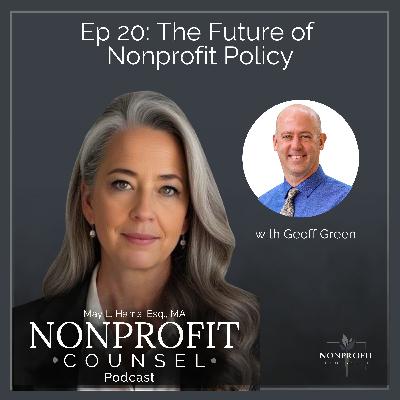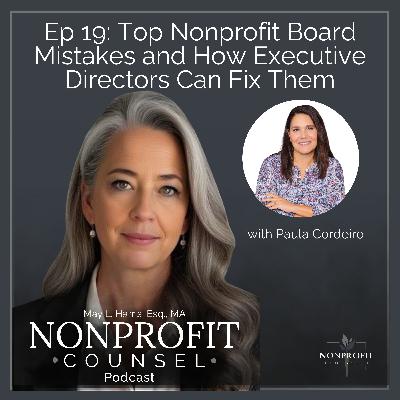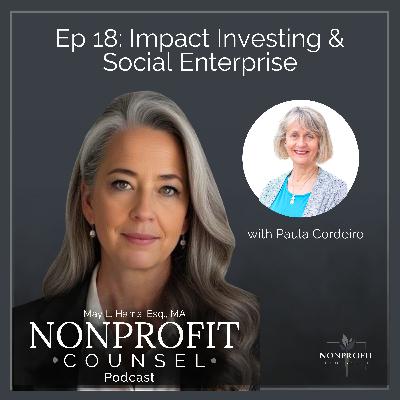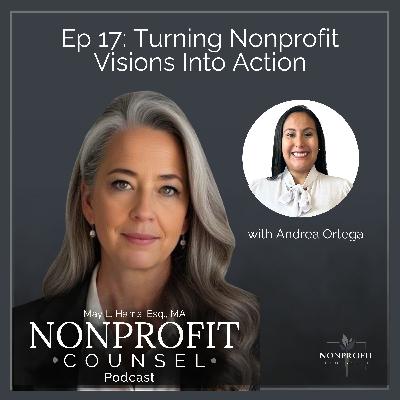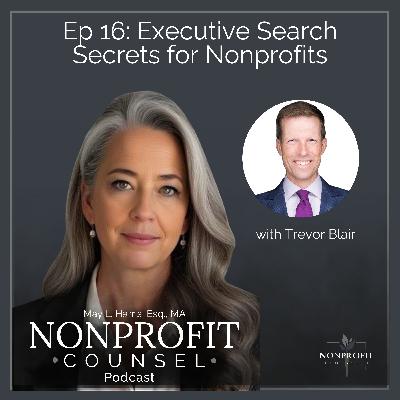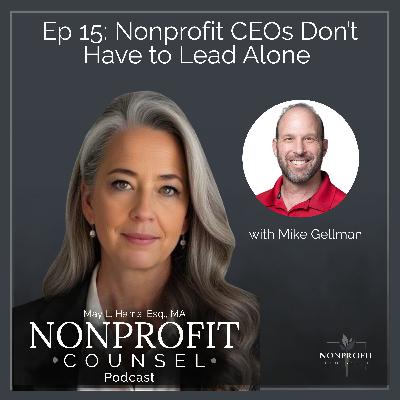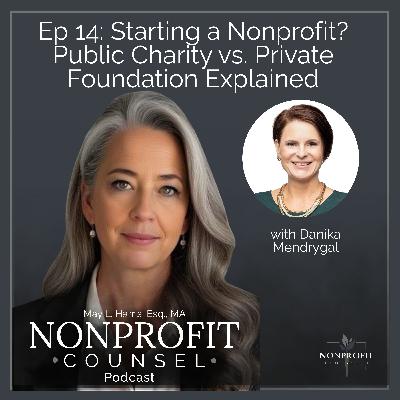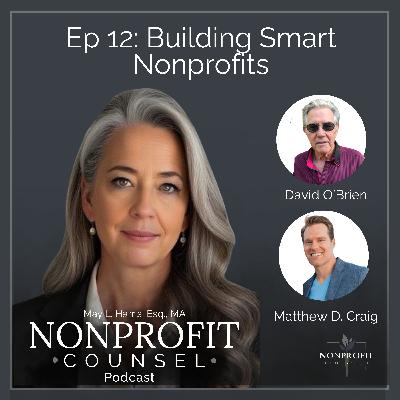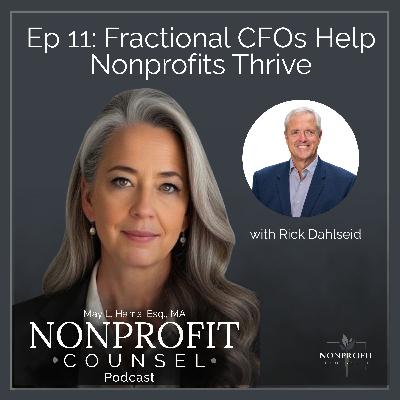Nonprofit Law, Boards, and Form 990 Masterclass with Genevra Williams
Description
Nonprofit law and compliance get real in this deep dive on Form 990, Schedule A vs public support, Schedule O storytelling, private foundation mixups, UBIT and 990-T, gift acceptance, and board governance.
If you work with a nonprofit board or run a charity, this convo is your crash course on Form 990 and the policies that keep you compliant and funder-ready. May L. Harris, Esq. interviews Genevra Williams, a Texas nonprofit attorney, about what smart orgs highlight on page one, how to sanity-check Schedule A for public support status, when to use Schedule O to tell your impact story, and the sleeper policies that save you from audits and awkward donor gifts. We also hit common filing paths 990-N, 990-EZ, 990, 990-PF, and why churches still file 990-T when there is unrelated business income. Funders read your 990. Make it tight.
What you will learn
✅ How to read and leverage page one of Form 990 to impress funders
✅ How to spot Schedule A red flags and confirm your public charity status before it slips
✅ Why Schedule O is prime space to narrate outcomes and governance practices funders care about
✅ The must-have policies: conflict of interest, whistleblower, document retention, gift acceptance, and accountable reimbursement
Want templates and step-by-step nonprofit leadership training
→ https://nonprofitcounsel.com/leadership-accelerator
Key timestamps
-
00:00 Intro and why Form 990 is a goldmine for diligence and grants
-
01:00 Genevra's path from data modeling to nonprofit law and foundation work in Dallas
-
03:39 Form 990 overhaul and why analysts love the added transparency
-
06:38 What funders scan on page one and in program accomplishments
-
07:21 Governance signals funders notice, independent directors and accuracy cues
-
08:03 Schedule A pitfalls, disqualified persons, support percentages, wrong subtype checked
-
10:24 Why boards should review the 990 before filing and avoid "bobblehead board" vibes
-
13:53 Three core policies asked on the full 990, conflict, whistleblower, document retention
-
15:06 Two more clutch policies, gift acceptance and accountable reimbursement
-
17:09 Year-end tune-ups to prep for smooth tax reporting next cycle
-
18:05 990 filing tiers,990-N, 990-EZ, 990, and 990-PF explained in plain English
-
19:25 Tracking support now so you do not fail the public support test later
-
21:21 When a DIY 1023 accidentally checks "private foundation" and how to fix it fast
-
24:38 Churches and religious orgs, when UBIT triggers 990-T filing anyway
-
25:55 Close and where to get help and tools
4 key takeaways
🔷 Page one plus Schedule O is your public narrative. Treat it like prime real estate for funders and donors.
🔷 Schedule A accuracy is mission critical. Validate your support calc annually so you do not drift out of public charity status.
🔷 Policies are protection. Conflict, whistleblower, document retention, gift acceptance, and accountable reimbursement keep governance clean and audits chill.
🔷 Filing class matters. Know when you are 990-N, 990-EZ, 990, 990-PF, and when UBIT means 990-T, even for churches.
Guest
Genevra Williams Nonprofit attorney based in Texas who blends data chops with exempt-org expertise. Her lens: use Form 990 strategically to attract grants, signal strong governance, and stay compliant.
Resources
-
For Profit Law Group - Website - https://www.fplglaw.com
-
Nonprofit Counsel - Website - https://www.nonprofitcounsel.com/
#NonprofitLaw #Form990 #BoardGovernance #PublicSupport #NonprofitCompliance #UBIT #NonprofitPodcast

